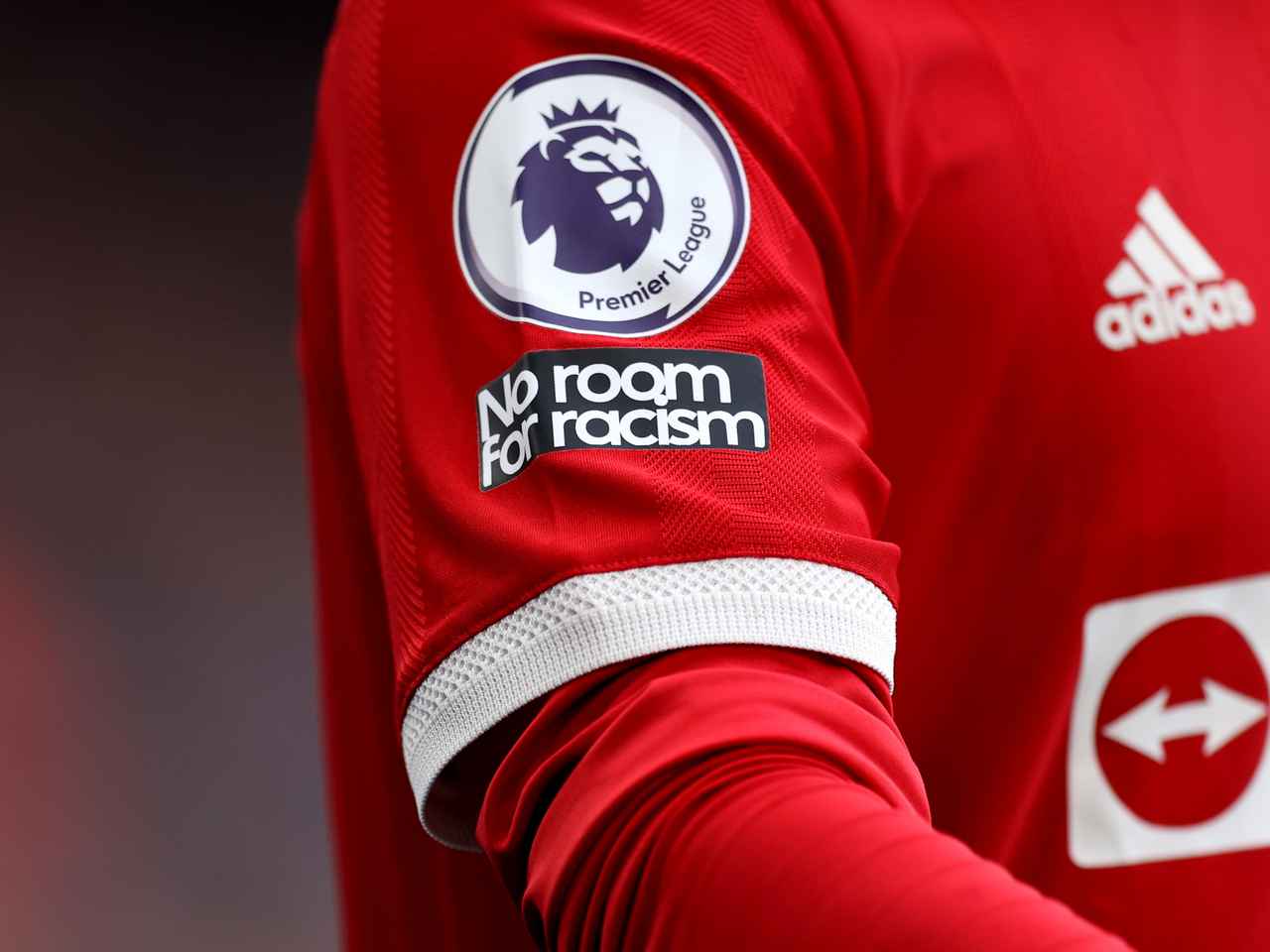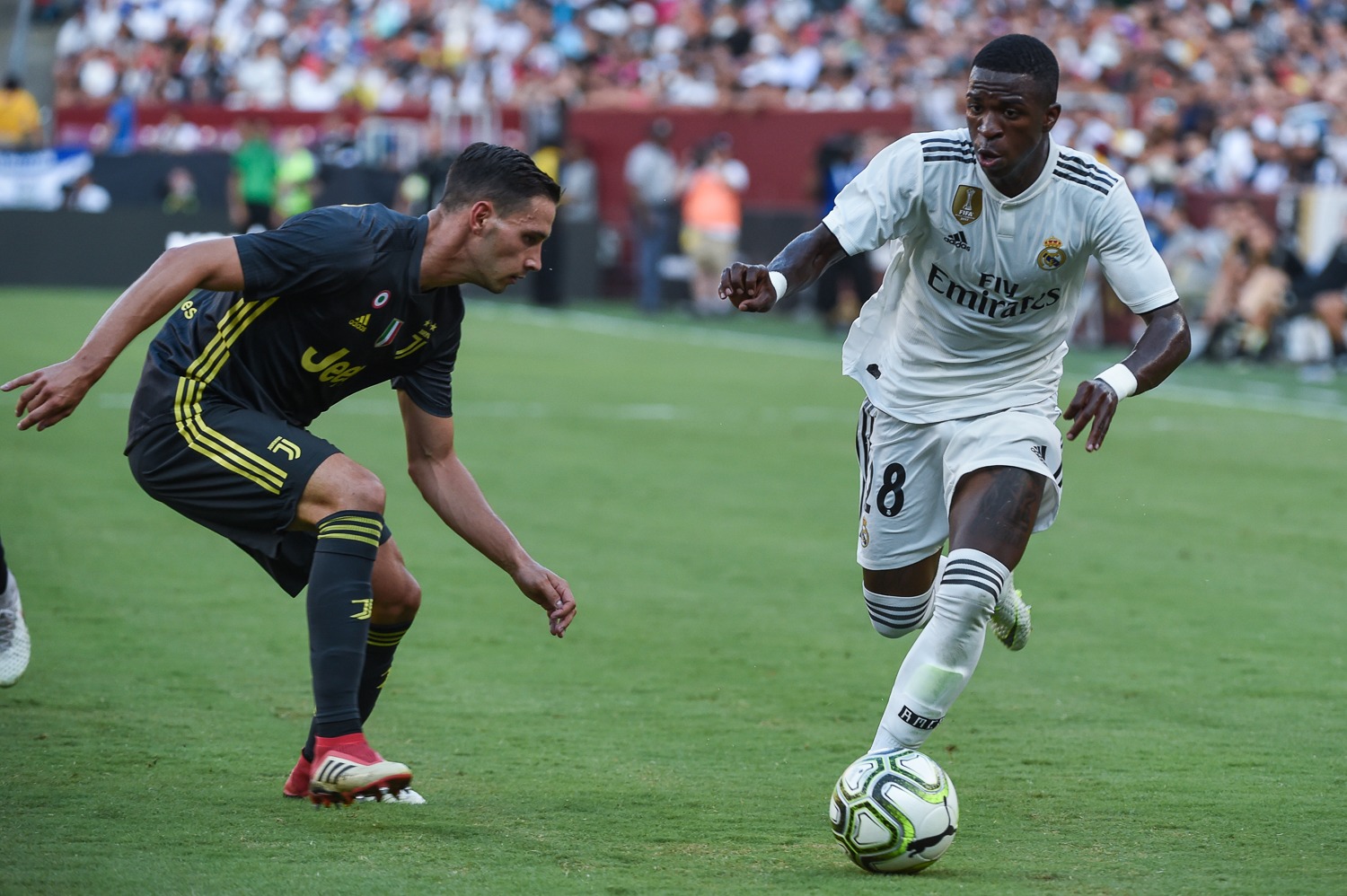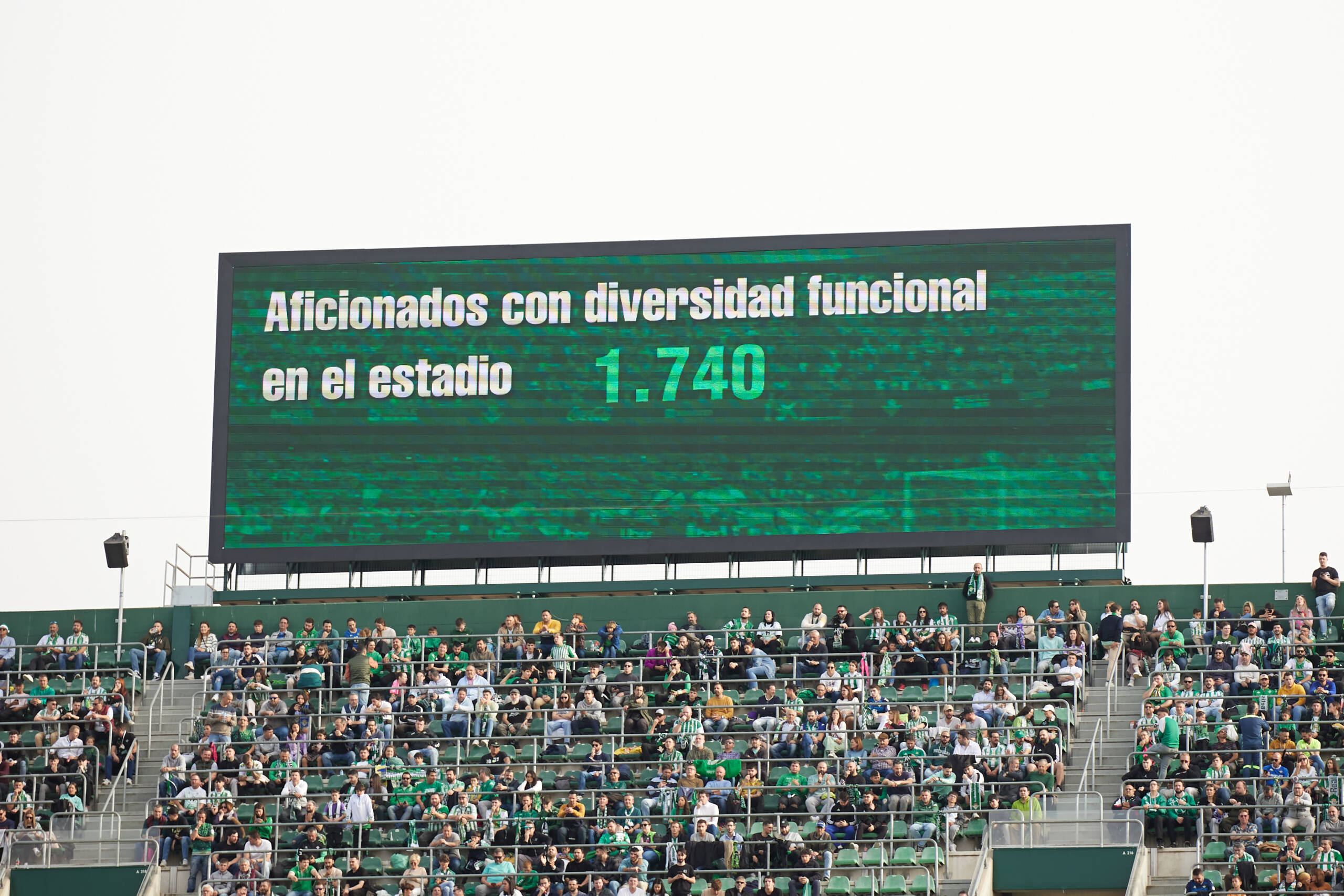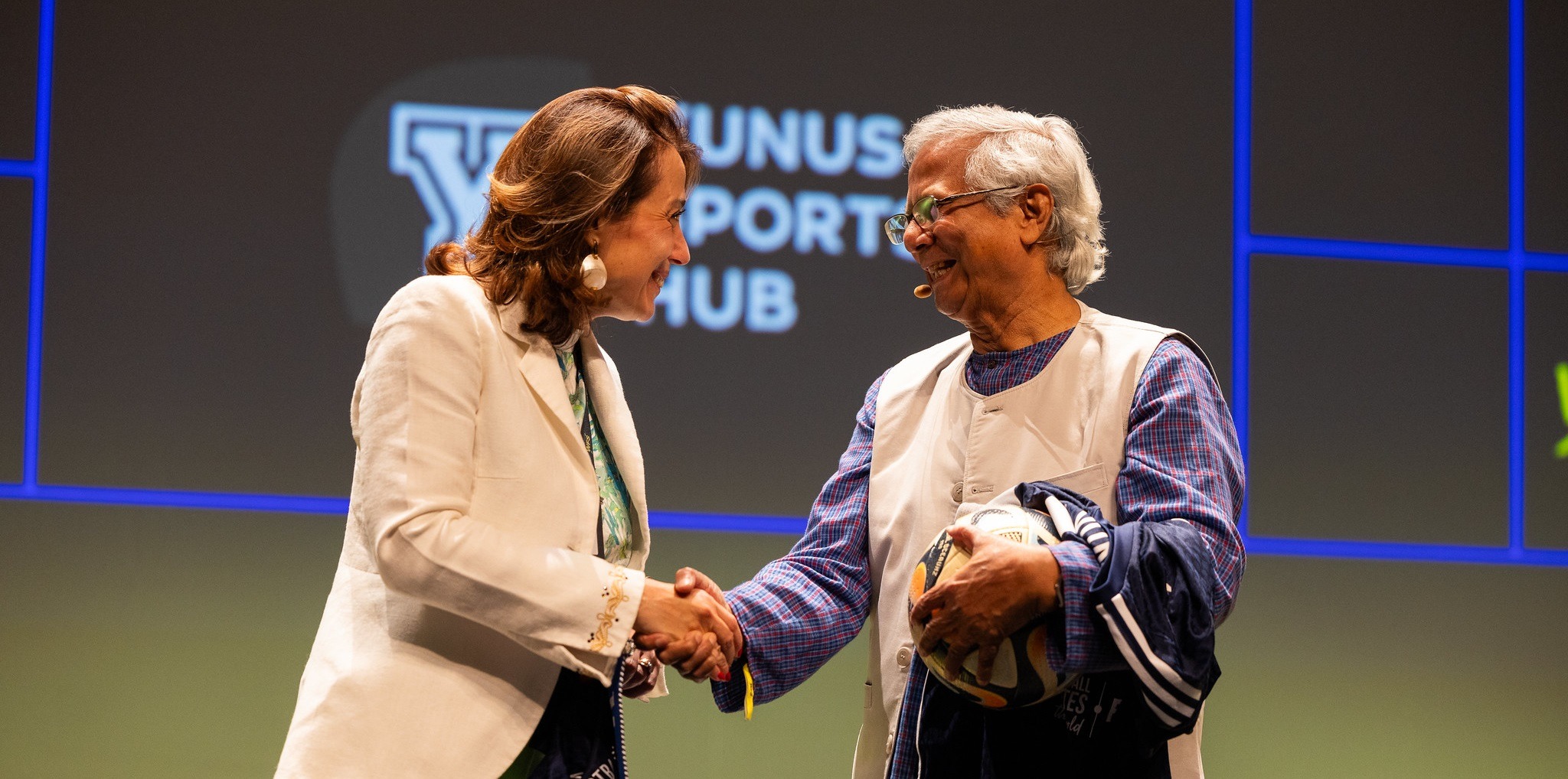As the sport takes over the world, so does their power and responsibility towards society. In the fight to build a better industry, some leagues, clubs and institutions are also working towards fighting discrimination and creating a more inclusive society
According to data gathered by FIFA, there are around five billion football fans across the world. This means that football is one of the most powerful sports in the world, but it simultaneously means it has a big responsibility, as it has become more than just a game, but a cultural heritage that is shared around the globe.
It has become an intersection of classes, races and genders to which people pay increasing attention to even in parts of the world where it was not a fan-favourite a few decades ago ―such is the case of the United States, where the MLS is gathering fans from younger generations who favour football over American staples like basketball or American football.
This means that football has crossed the border into garnering diplomatic and sociological value that it must be used wisely, as it has the potential to become a powerful tool in raising awareness of important social issues and lessening cultural divides. And some teams and leagues are already doing it.
PREMIER LEAGUE’S BATTLE FOR RACIAL AND SOCIAL JUSTICE
With Great Britain being one of the world’ biggest beacons of immigration and host to a great deal of ethnic diversity, Britain’s Premier League has shown a commendable awareness for racial sensitivity. They have been pioneers among the football industry for scheduling breaks at sundown during football matches in Ramadan season so that Muslim players can break their fasting, which is only one of the examples of how they are fighting racism in the sport.

However, the best example is perhaps the No Room For Racism Action Plan, which was launched in 2021 with the goal of fighting “against discrimination on and off the pitch, promoting equality, diversity and inclusion across all areas of football”. Through the plan, they fight racism online as well as on the stadium during match days, to ensure that everybody feels welcome within the spaces they create. The branding, featured in all of the league’s activity as well as in the players’ jersey, can be seen in all of their matches, which of course are available to be viewed in 880 million homes in 188 countries.
RAINBOW LACES: ENCOURAGING ACCEPTANCE
In a similar manner, the Premier League has also fought against another shadow that still lingers today over the world of football: homophobia. While being part of the LGTBQ+ community is still a big taboo in many aspects, their Rainbow Laces campaign “encourages LGBT+ acceptance among children and young people involved in community and education initiatives such as Premier League Primary Stars and Premier League Kicks, and within Academies”.
This comes as no surprise, as Britain is one of the main supporters of ‘Football V Homophobia’, an international initiative fighting against LGTBQ+ discrimination in football which has recently turned 15 years old as of February 2024. A total of 132 British teams have taken part in the initiative, while only two Italian ones have, a single French one, and none Spanish ones.
LALIGA TAKES ACTION AGAINST RACIST ABUSE
Of course, the Premier League is not alone. In the wake of racism abuse against some of its players during the 2022-23 season ―including Vinicius Jr (who was even hung in effigy from a bridge by Atletico de Madrid fans), Nico Williams, Carlos Akapo and Samuel Chukwueze― LALIGA launched ‘LALIGA VS Racism’ in March 2024, a platform which is aimed at education, prevention and taking firm action against racist attitudes and behaviours.

As the league explained, the platform was born after observing “with frustration the way in which racism reports are dismissed before they even reach the courts, or how hate prosecutors in each region do not have a uniform criterion when it comes to classifying these acts.” Experiencing similar frustrations, leagues like the EFL ―who have also joined forces with the British Red Cross― or the USL have also put up plans that fight back against some of the racism that still exists within the industry.
WORLD FOOTBALL SUMMIT’S WORKING TOWARDS A BETTER INDUSTRY
WFS was born with the goal of creating a better football, which in our events is applied on many levels. We want to create a better industry that is sustainable on a business level, but we also want everyone to be able to be a part of it. That is why we are committed to inclusion, as we proved with our inclusive match, which broke the record for the biggest ever in the world.
Organised in collaboration with World Football Summit, 1740 disabled fans joined us back in February 2023 to experience a game between Real Betis and Real Valladolid from the stands of the Benito Villamarín stadium, which surpasses the prior record by 700 people.

In addition, we’ve also looked to recognize those who have also fought for making a better industry, which is, first, why we strive to share our platform with them in our events. One of our favourite examples included the presence of the recipient of the 2006 Nobel Peace Prize, Professor Muhammad Yunus, who is the founder of the first institution who offered microcredits, and the father of the social business movement, in WFS Asia 2023, where he also received a WFS Awards ―another key aspect of World Football Summit’s social work.
Since their first edition in 2017, we try to recognize through them the work done by professionals and organisations in the football industry, who through their work turn this game into a powerful economic and social engine.
If you or your company are also working towards finding ways to create a better industry, don’t hesitate in reaching out and sharing it with us by filling out the following questionnaire. We’ll be more than glad to hear from you.

